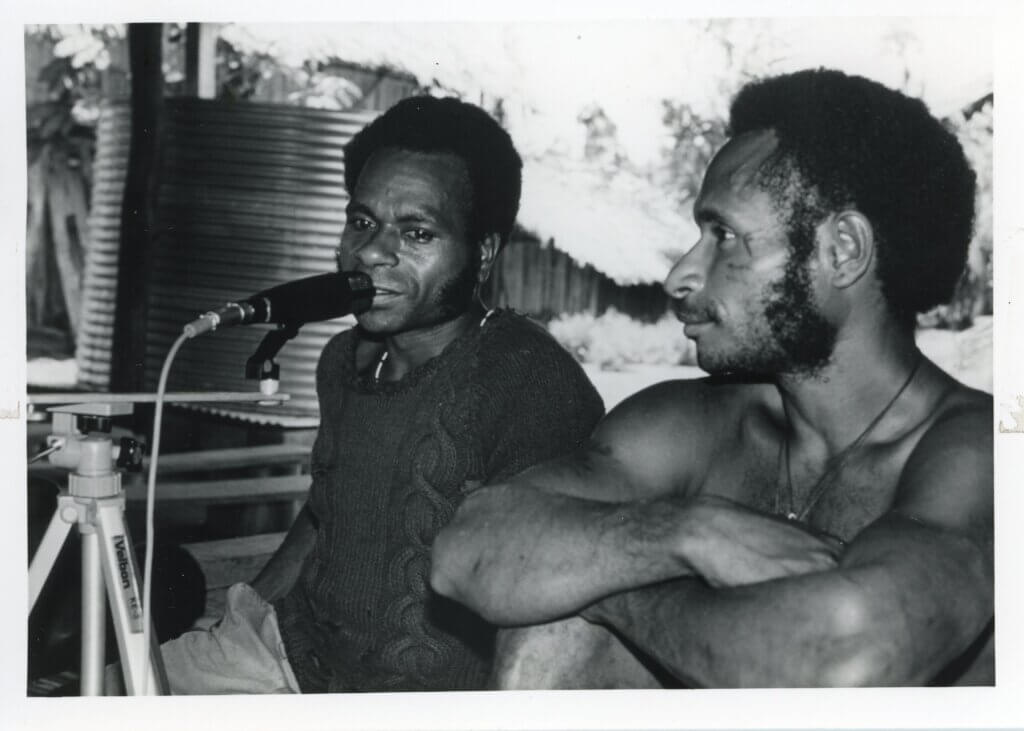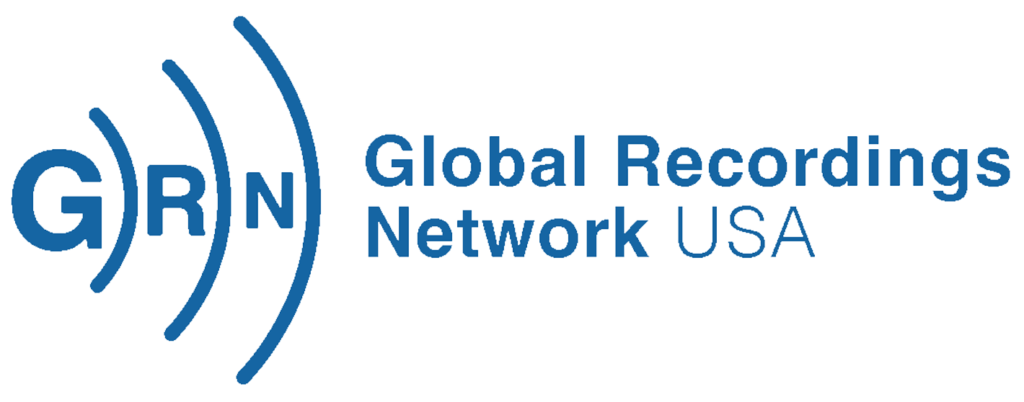May 5, 2025
Going Before: How Useful Gospel Recordings Advance Evangelism, Bible Translation, and Church Planting
Going Before: A Biblical Model for Evangelism
When Jesus sent out the seventy it seemed to be limited to places where He planned to go. [Luk 10:1 KJV] After these things the Lord appointed another seventy also, and sent them two by two before his face into every city and place, whither he himself would come.
When I read this verse, it seems to me that for many language groups, our recordings are like “the 70 that go before.”

Bible Translation Starts with Presence
In the Church’s mammoth task of evangelizing all nations, of course the goal should always be for someone from within or without that group to translate the Bible into that language. It is God’s Word, and how can the culture conform itself to God’s perfect will without knowing His Word?
But translating the Bible will rarely be the first step in evangelizing a group. Even translator groups such as Wycliffe/SIL – whose stated goal is to translate God’s Word – will first have to establish a presence in the tribe (including house-building), learn the culture and the language (NOT a short process), and find language helpers to assist their translation efforts. These things typically take years.
Useful Recordings Go Before the Word
What might possibly “go before” the Word itself?
Why, audio recordings, of course. Spoken by native speakers, paraphrasing actual Bible stories and teaching into very simple language, they can be a “forerunner,” paving the way, so to speak, for future work.
Paraphrased Bible Stories & Translation Symbiosis
Recording GR messages in Papua New Guinea in the 80’s, I saw a symbiosis between the work of ourselves and translators (both SIL and others). It was great for us to go to record in a language where a translator was, because they had probably already worked out some key wording like the name for God, and often other scriptural ideas. Our work benefited newer translators because their people hearing and responding to our messages meant there would be new Christians eager to help with their translation work in order to get the Bible in their language. But having oral Bible stories could also help translators or missionaries further on in the process, especially in groups resistant to learning to read. “Oh, THAT’s what the translation is about!’ sometimes opened closed eyes to the worth of what the translators or missionaries were doing.
Strategic Church Planting Through Media
Wise church planters and evangelists in new areas would do themselves a favor by surveying what (if any) social media or broadcast media are available in that area, and blanketing the area prior to their return with blasts, boosts, etc. of our messages in the local language. (They more than likely exist.)
I learned years ago that one is more likely to accept any new idea the second or third time one hears it, rather than the first. Imagine the joy of evangelism teams who have done this blanketing and return to hear responses to their invitations such as, “Oh yes, I heard that recently on the radio [or on facebook, or youtube, or?] … tell me more!”
A Great Outcome from Going Before
This would be a great outcome from this “going before” principle, used by our Lord.
Of course, recordings also have a part to play in “following after.” But we’ll save that for the next blog!
